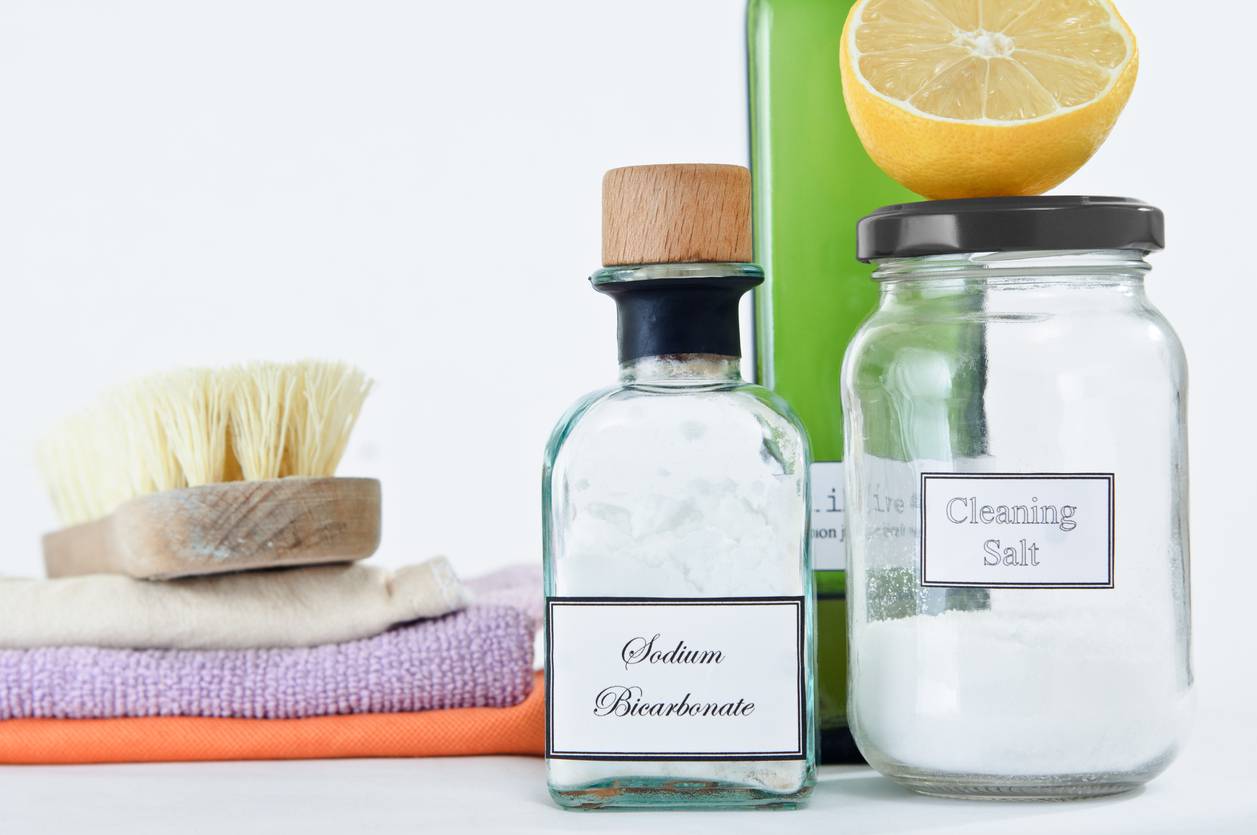Do-it-yourself natural descaler: vinegar, baking soda and lemon. In what doses to use these natural products? How to remove limescale stains from surfaces such as floors, marble, shower cubicles, glass, bathroom fixtures, taps, cookware and appliances?
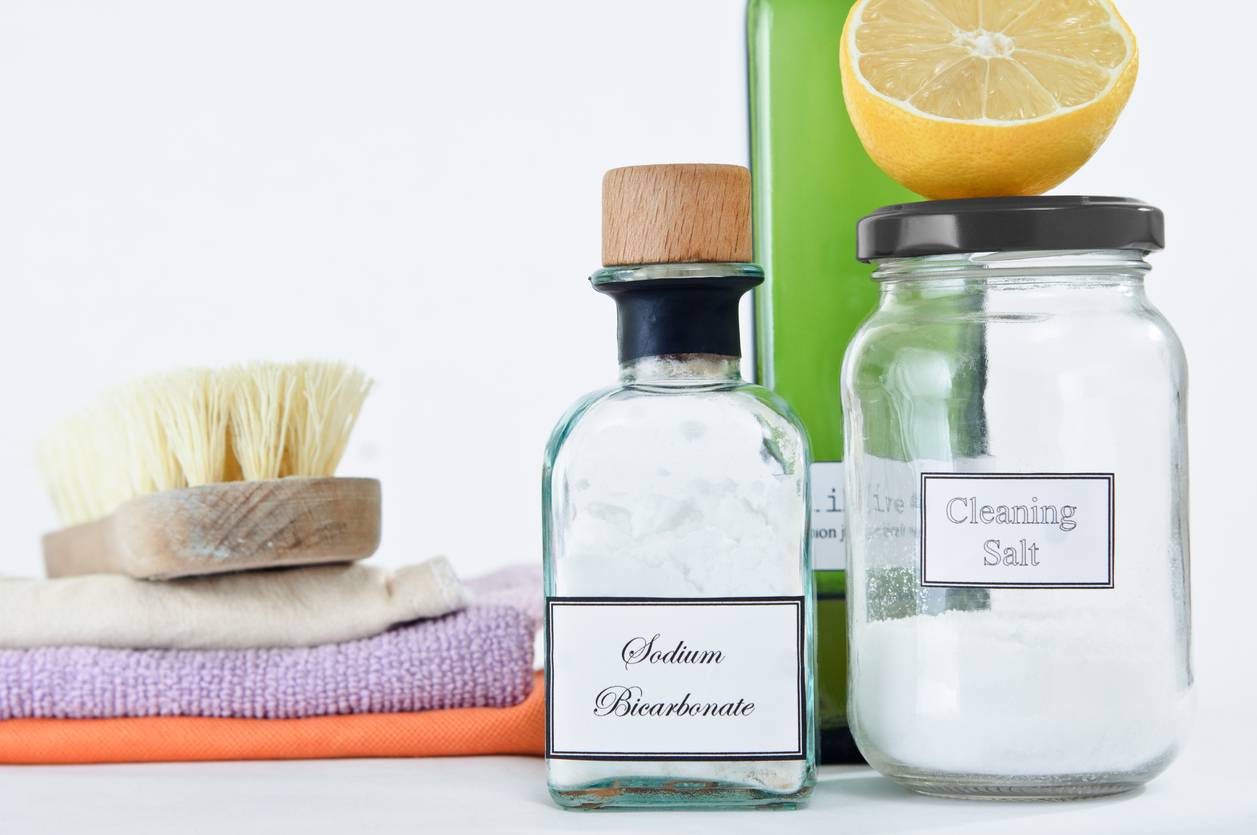
In every home there is the limescale problem, which is formed on the floor tiles, on sinks is taps, on the shower cabin, but also within the domestic appliances like the coffee machine or the washing machine, this is because of the water durability, given by the high concentration of calcium carbonate present.
Without a shadow of a doubt, use a natural anti-limescale allows you to opt for an economical product and at the same time respectful of the surfaces, far from the classic caustic corrosive detergents, which risk dulling, if not damaging, the materials with which they come into contact.
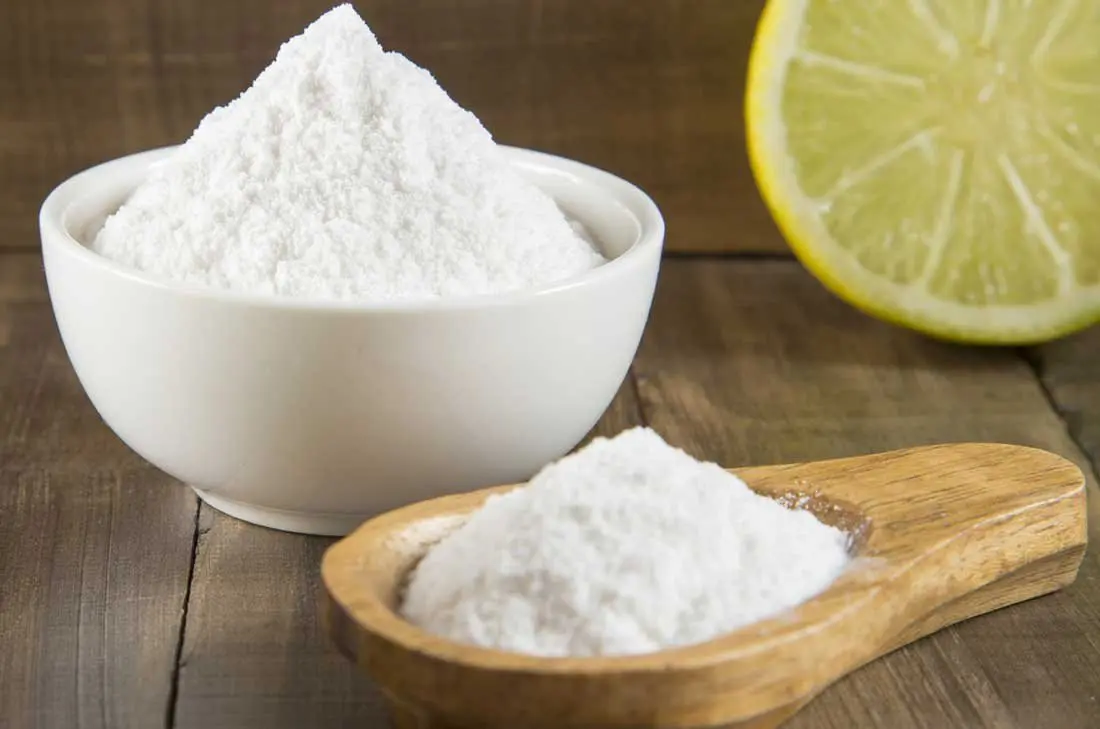
Furthermore, it must be borne in mind that i descaling products available on the market are very harmful to the environment and human health, so it is important to do without them as long as possible, using natural alternatives.
Also read: 50 cool shower stall ideas
But let’s see what the natural products which can be used as anti-limescale.
Vinegar: natural descaler
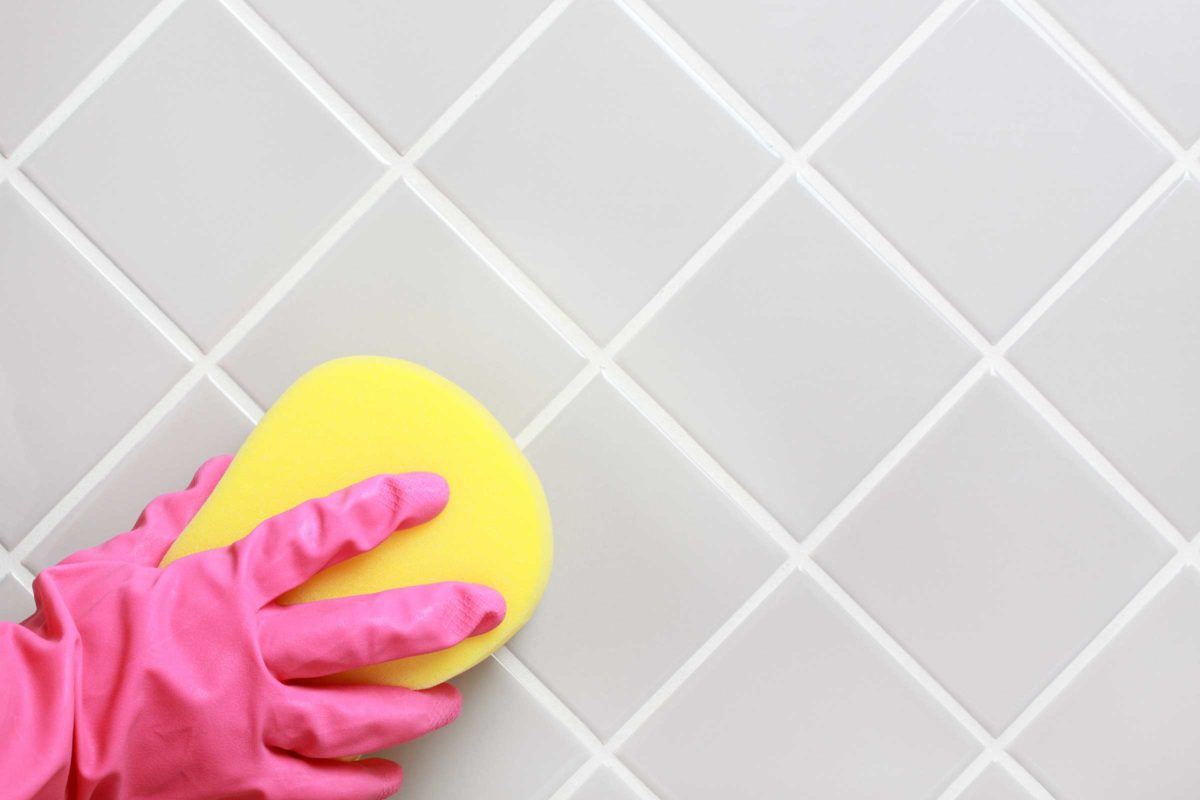
Without a doubt thenatural anti-limescale most used is theWhite vinegar.
L’vinegar, given its composition, it can be used as descaler on all surfaces, even those more delicate as the marble.
Use vinegar as an anti-limescale: the doses
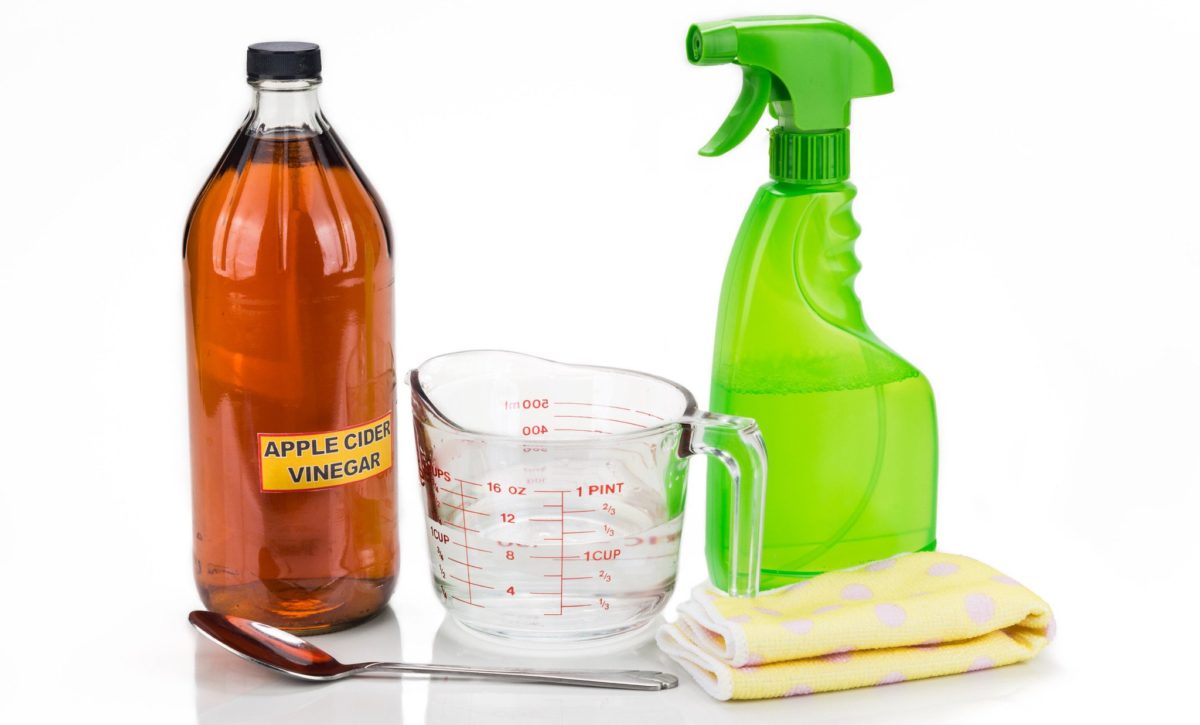
The doses for using vinegar such as anti-limescale they essentially depend on the surfaces on which the product is to be used.
To remove limescale from large surfaces, such as glass, tiles or hobs, it is advisable to dilute 1 glass of vinegar in 1/2 liter of water.
Keep in mind that the more limescale you have to remove, the more vinegar and the less water you should use for the mixture.
Once the mixture has been created, simply apply it with a non-abrasive sponge and leave it act for 5 min, and then proceed to remove with warm water.
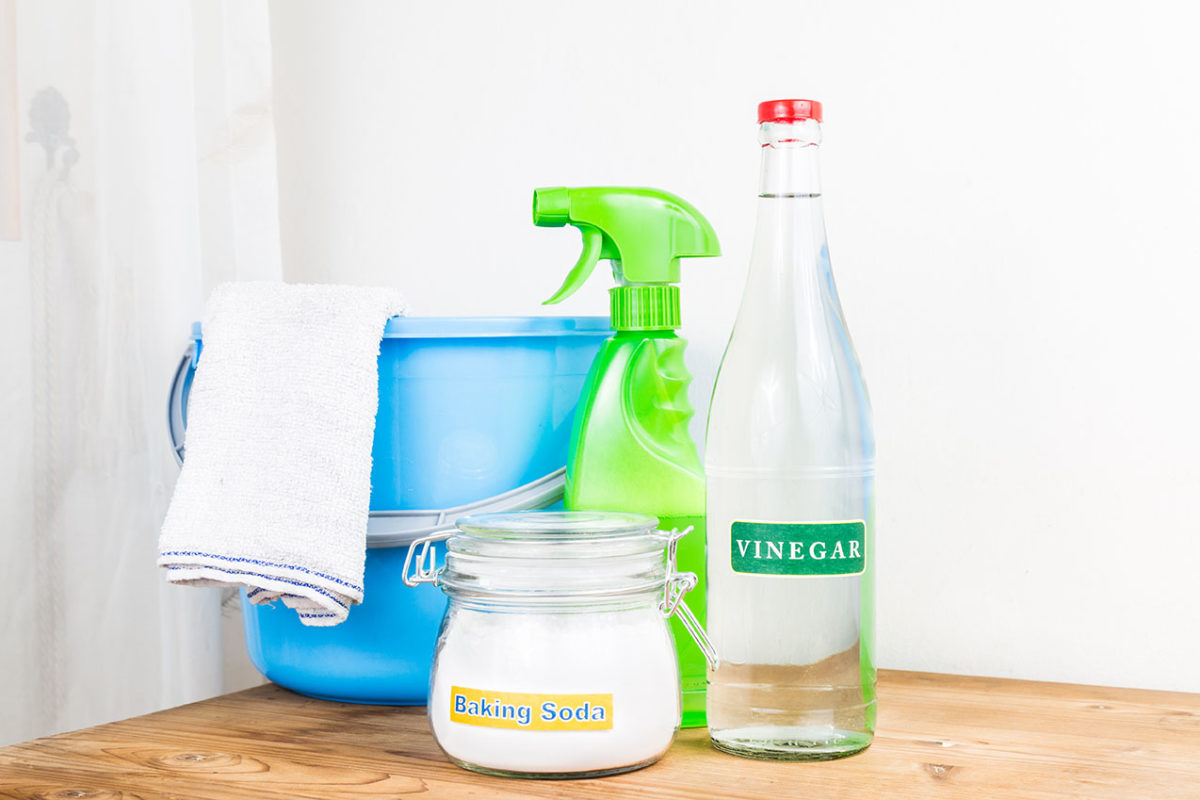
In the cases of limestone incrustations of long standing it is advisable to apply the absolute product and leave it to act for a few hours, before removing it with lukewarm water.
While, if the limestone is present within the kettles or of pots, just fill them with 2/3 of vinegar and 1/3 of water, adding salt and bringing to a boil. It is left to act for 12 hours and then rinsed off.
You may be interested in: How to clean the shower: the rules to follow
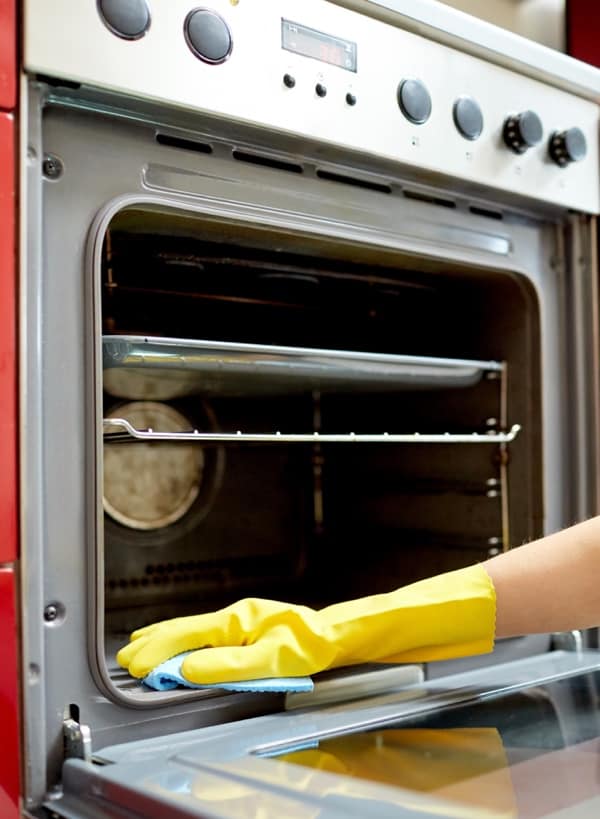
To deepen the discussion, we refer to ours guide: Vinegar and its many uses in house cleaning
Bicarbonate: natural descaler
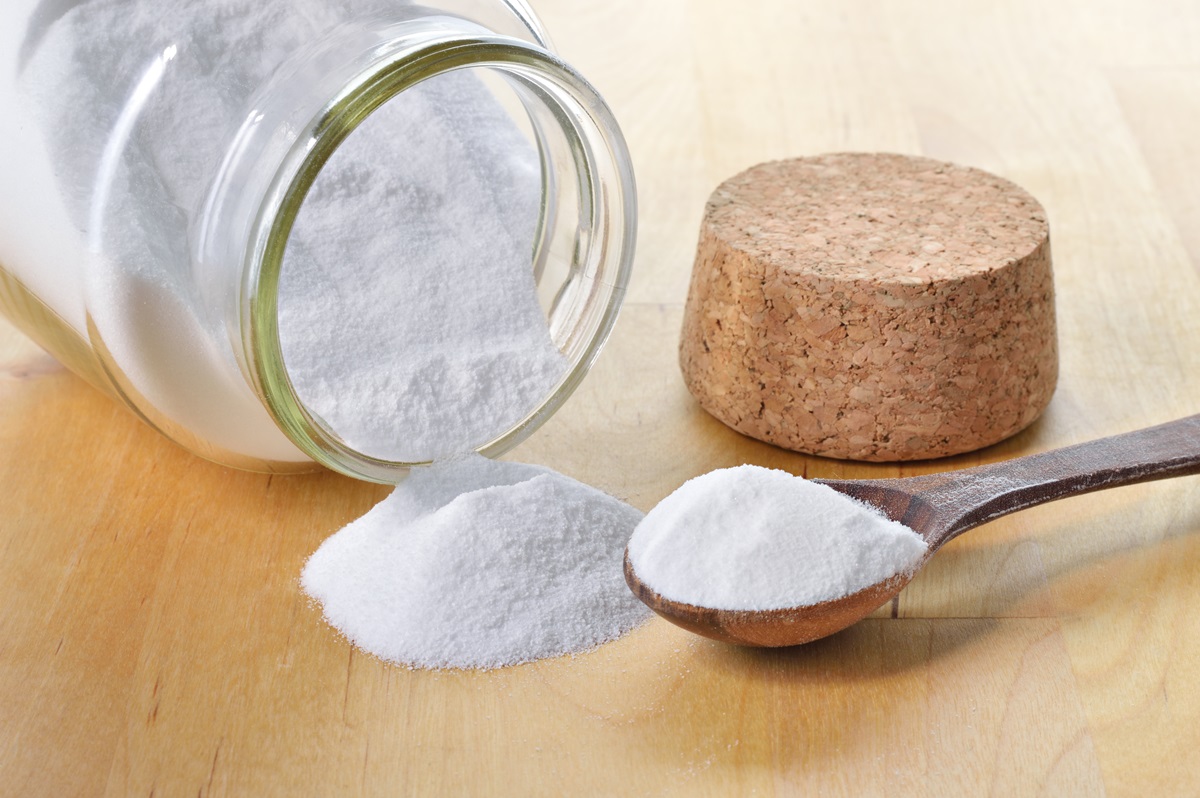
Do you want design advice on how to furnish? Join the group
In addition tovinegar, even baking soda lends itself as excellent natural anti-limescale, very effective for polishing surfaces and eliminating traces of mold.
Use the rascal as an anti-limescale: the doses
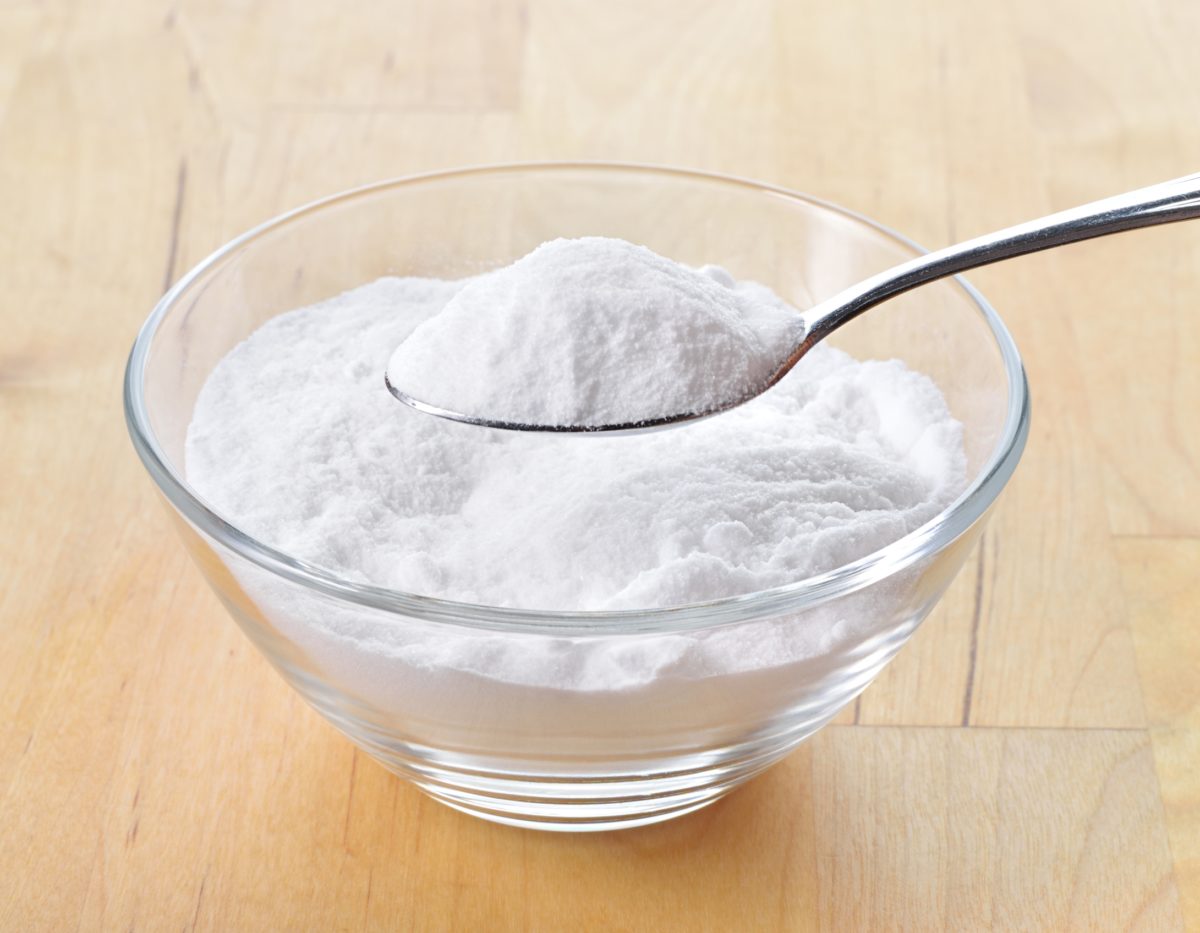
The bicarbonate as an anti-limescale it should be used by dissolving 3 full tablespoons in 1/2 glass of water.
The compound is placed with the sponge and rubbed directly on the stain to be treated.
Baking soda and lemon

The combined action of the baking soda and lemon allows you to eliminate limescale stains.
Just pour the juice of half a lemon on the stain, leaving it to act for 15 minutes.
After that it is passed to the bicarbonate, which is applied gently, with a non-abrasive sponge, on the treated area.
It is rubbed and rinsed with plenty of water.
Baking soda and vinegar
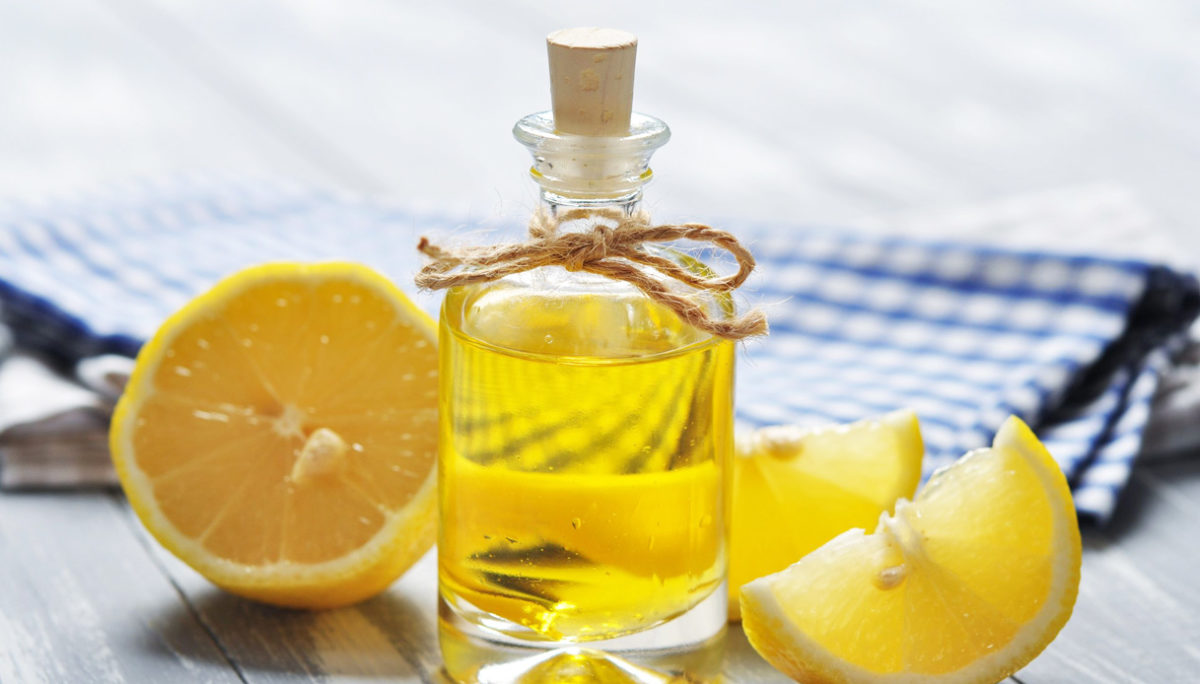
Mix baking soda and vinegar it means giving life to a natural anti-limescale very good for eliminating tough limescale on glass, shower cubicles and any surface.
The mixture to be used must be creamy, to be spread on the surface with a non-abrasive sponge and rinse with hot water after having left it to act for at least 15 minutes.
Difference between a natural descaler and a caustic detergent
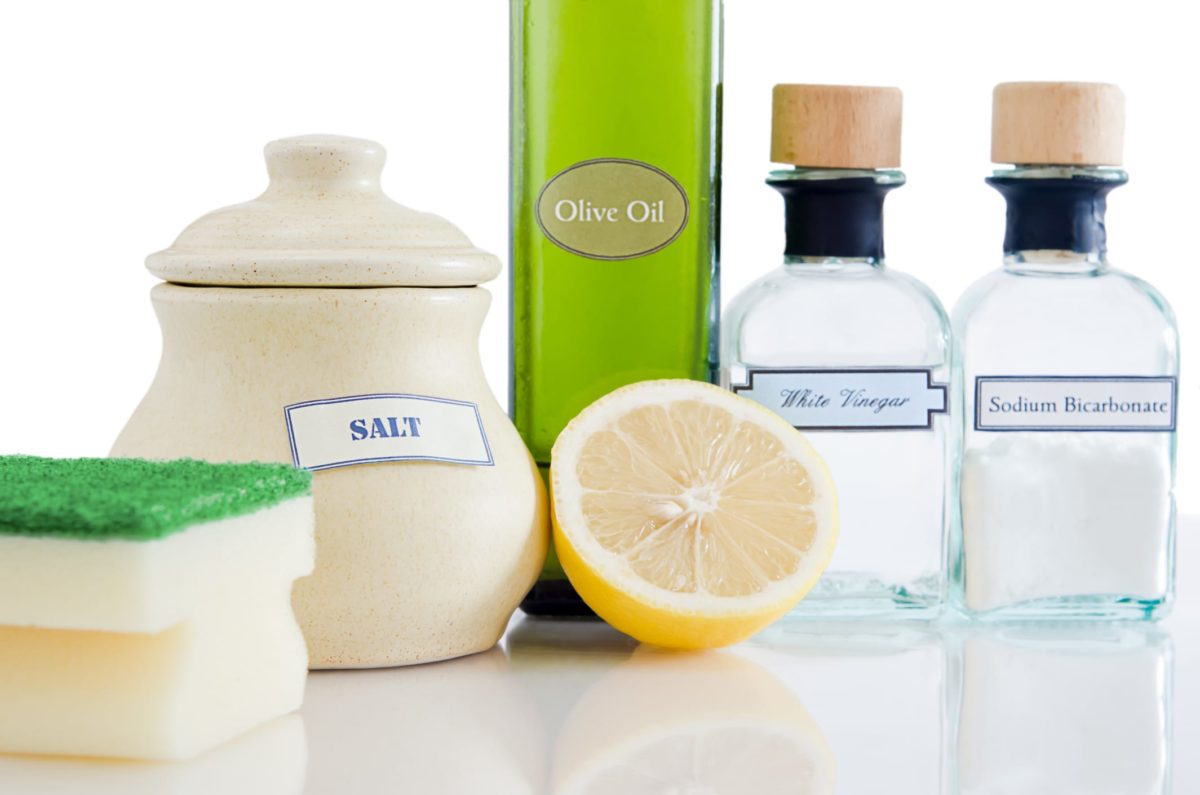
We can say that between a natural anti-limescale and a artificial limescale the only difference is the timing of action.
Certainly a natural anti-limescale it needs more time to act, while a detergent acts immediately.
However, choosing a natural product means not ensuring that the surfaces to be treated are respected, but also safeguarding the environment and our health.
Do-it-yourself natural descaler: vinegar, baking soda and lemon. In what doses to use these natural products? How to remove limescale stains from surfaces such as floors, marble, shower cubicles, glass, bathroom fixtures, taps, cookware and appliances?

In every home there is the limescale problem, which is formed on the floor tiles, on sinks is taps, on the shower cabin, but also within the domestic appliances like the coffee machine or the washing machine, this is because of the water durability, given by the high concentration of calcium carbonate present.
Without a shadow of a doubt, use a natural anti-limescale allows you to opt for an economical product and at the same time respectful of the surfaces, far from the classic caustic corrosive detergents, which risk dulling, if not damaging, the materials with which they come into contact.

Furthermore, it must be borne in mind that i descaling products available on the market are very harmful to the environment and human health, so it is important to do without them as long as possible, using natural alternatives.
Also read: 50 cool shower stall ideas
But let’s see what the natural products which can be used as anti-limescale.
Vinegar: natural descaler

Without a doubt thenatural anti-limescale most used is theWhite vinegar.
L’vinegar, given its composition, it can be used as descaler on all surfaces, even those more delicate as the marble.
Use vinegar as an anti-limescale: the doses

The doses for using vinegar such as anti-limescale they essentially depend on the surfaces on which the product is to be used.
To remove limescale from large surfaces, such as glass, tiles or hobs, it is advisable to dilute 1 glass of vinegar in 1/2 liter of water.
Keep in mind that the more limescale you have to remove, the more vinegar and the less water you should use for the mixture.
Once the mixture has been created, simply apply it with a non-abrasive sponge and leave it act for 5 min, and then proceed to remove with warm water.

In the cases of limestone incrustations of long standing it is advisable to apply the absolute product and leave it to act for a few hours, before removing it with lukewarm water.
While, if the limestone is present within the kettles or of pots, just fill them with 2/3 of vinegar and 1/3 of water, adding salt and bringing to a boil. It is left to act for 12 hours and then rinsed off.
You may be interested in: How to clean the shower: the rules to follow

To deepen the discussion, we refer to ours guide: Vinegar and its many uses in house cleaning
Bicarbonate: natural descaler

Do you want design advice on how to furnish? Join the group
In addition tovinegar, even baking soda lends itself as excellent natural anti-limescale, very effective for polishing surfaces and eliminating traces of mold.
Use the rascal as an anti-limescale: the doses

The bicarbonate as an anti-limescale it should be used by dissolving 3 full tablespoons in 1/2 glass of water.
The compound is placed with the sponge and rubbed directly on the stain to be treated.
Baking soda and lemon

The combined action of the baking soda and lemon allows you to eliminate limescale stains.
Just pour the juice of half a lemon on the stain, leaving it to act for 15 minutes.
After that it is passed to the bicarbonate, which is applied gently, with a non-abrasive sponge, on the treated area.
It is rubbed and rinsed with plenty of water.
Baking soda and vinegar

Mix baking soda and vinegar it means giving life to a natural anti-limescale very good for eliminating tough limescale on glass, shower cubicles and any surface.
The mixture to be used must be creamy, to be spread on the surface with a non-abrasive sponge and rinse with hot water after having left it to act for at least 15 minutes.
Difference between a natural descaler and a caustic detergent

We can say that between a natural anti-limescale and a artificial limescale the only difference is the timing of action.
Certainly a natural anti-limescale it needs more time to act, while a detergent acts immediately.
However, choosing a natural product means not ensuring that the surfaces to be treated are respected, but also safeguarding the environment and our health.

